There are good books and bad books. There are authors with a good style and some with a bad style. There are good stories and bad stories. Sometimes I do read books, find them quite interesting and diverting, I finish them and six months later you may ask me about it: It´s all gone. Some fewer books remain in my head for their impressive stories, their fancy wording or just the deep impression they leave, such as beloved Philip K. Dick. And then there are – only a handful – books which may change your life. The do touch something. They pull a plug or exert a switch. “The Strange Voyage of Donald Crowhurst” is such a book.
The Strange Voyage of Donald … who?

I am 37 years old now and since I am able to read books I do frequently chew up maritime stories. I love books of the sea. Whilst at the same time the size of my bookshelves is unknown to me and the amount of books about ships, great naval battles, the Golden Age of sailing, all the thousands of pages filled with millions of letters creating fictional and non-fictional stories – but I haven´t heard of a Mr. Crowhurst until last year. Why? Maybe because I was more into the military side of seafaring, my interests circled around the big sailing vessels called Clippers? Yachting, yachtsmen and connected stories haven´t been of particular interest until recently.
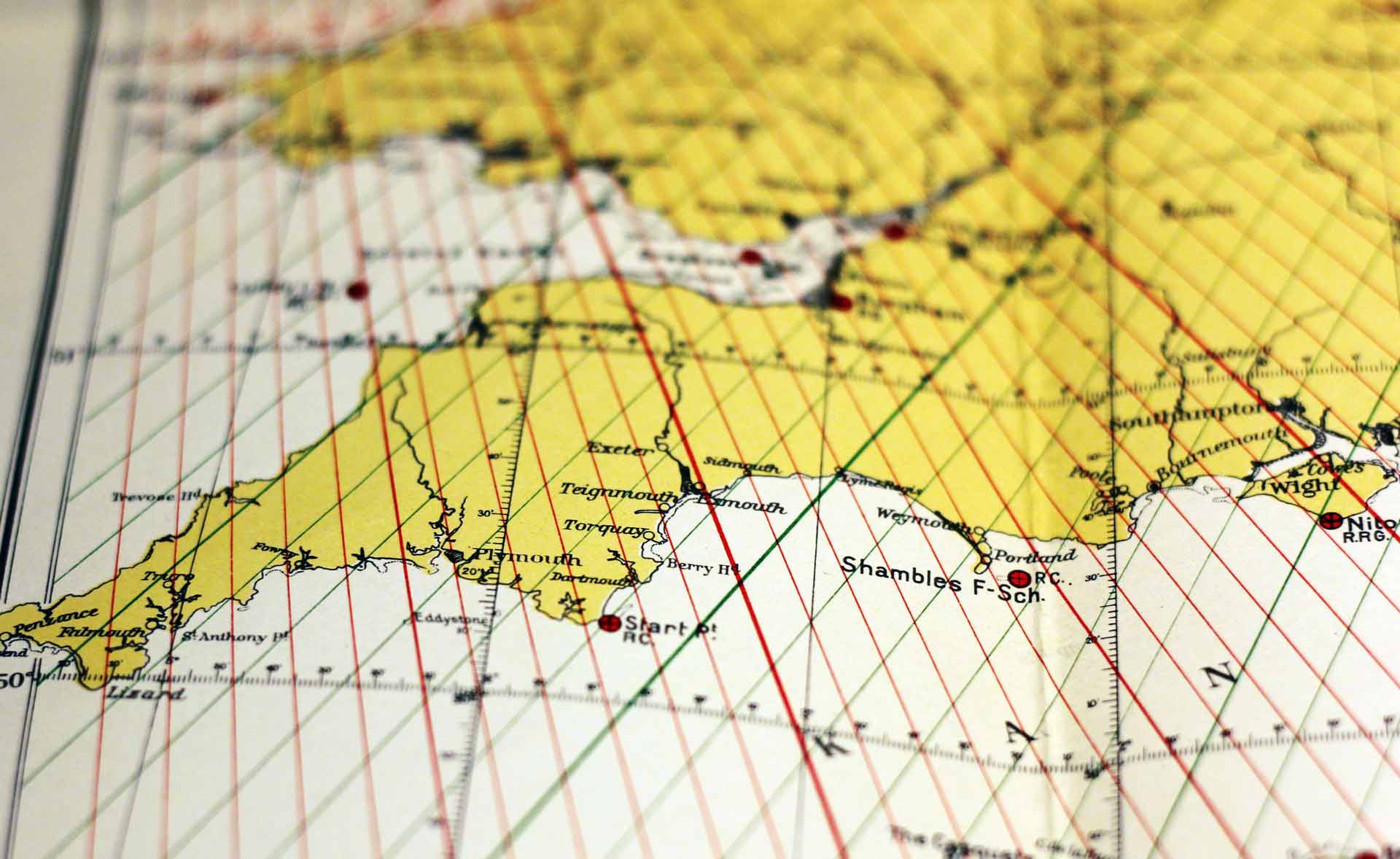
A friend of mine was telling me about Crowhurst and how his story touched his heart and accelerated his imagination. Something was burying this bit of fact inside my brain and two weeks ago, reading another maritime story by Wilfried Erdmann I stumbled upon the name of Bernard Moitessier. Checking on Moitessier I began to virtually dive into the fateful events of the “Golden Globe Race” of 1968 and into the first single-handed circumnavigation done by Sir Francis Chichester in 1967. It was capturing my whole thinking and – I am not exaggerating here, believed me – changed my mind forever after finally having read through the pages of the book. Like Sir Chichester, Sir Robin Knox-Johnston and finally Mr. Donald Crowhurst are true English legends. Why?
A classic Greek Tragedy of epic Dimensions
You know the feeling when watching a TV-movie or going to the cinema when you think: “Naaa, come on … that´s far too much here …”? When it seems that the screenplay writers have been let lose their pencils too much making their stories slip way beyond credibility? The whole story behind the Sunday Golden Globe Race of 1968/69 and in the midst Donald Crowhurst would be totally noncredible if it wasn´t a true one. It´s really a tragedy of epic dimensions. In the middle: Donald Crowhurst. He is a fallen hero from page one. He failed from the first word of the story. You know that. You feel it. But at the same time you go on reading and you realize: He didn´t see it coming. Though it was so clear …
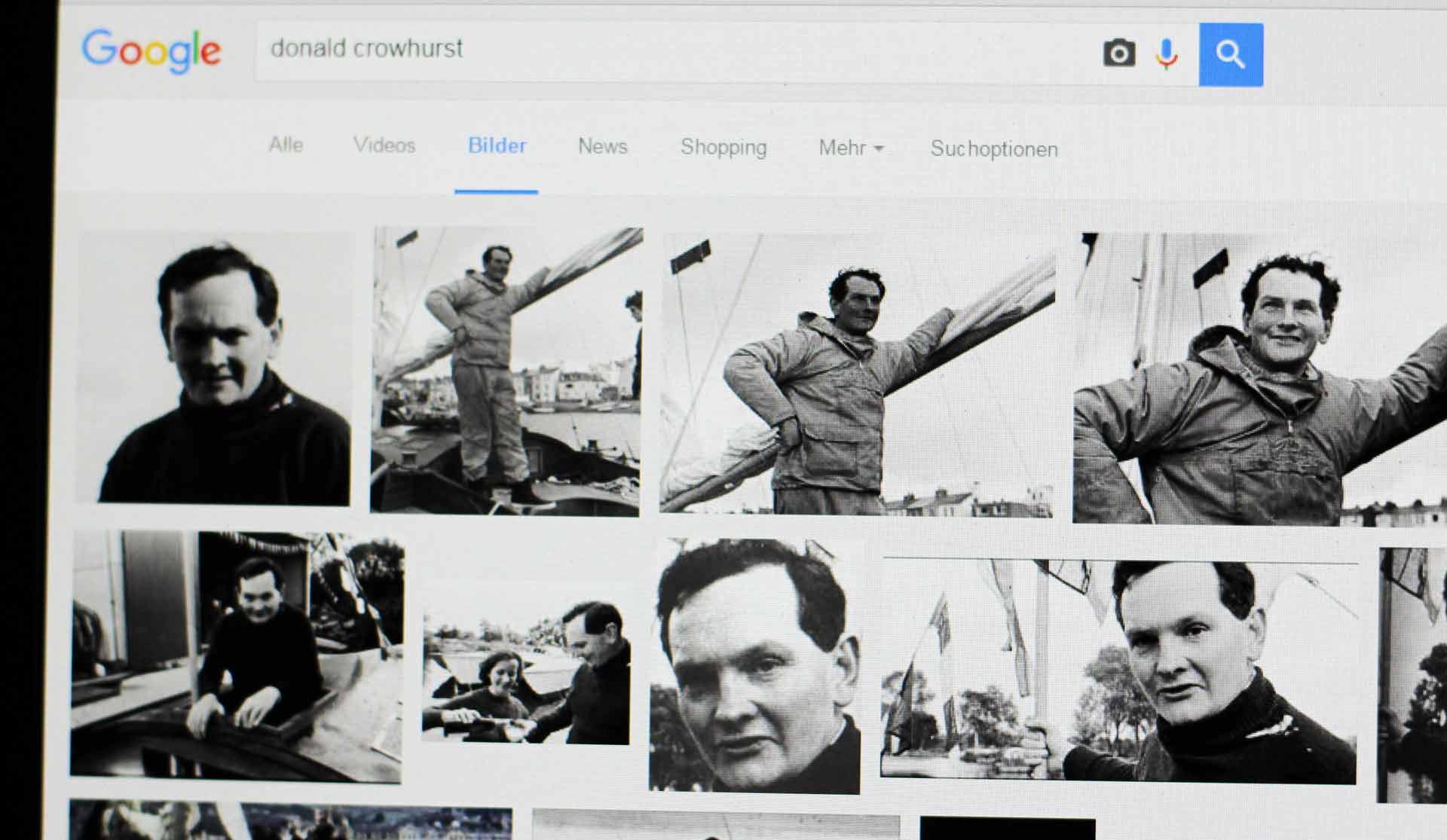
Crowhurst appeared to have been a man not capable of admitting failure. He is described as someone who had the pathologic constraint to cover up his failures with a new project, even bigger, aiming higher every time he should have admitted to collapse. His participation in the Golden Globe Race was such a new project, the cover up for his failure in running a small business, his electronic company called Electron Utilization. From one day to another he was burning for the idea to sail the world single-handed. Nonstop. Something that hasn´t been achieved even by the great Chichester.
The Sunday Golden Globe Race around the World
Sir Chichester went around the world in his yacht GIPSY MOTH IV alone. He was a true hero for the have-been Empire. Somebody who achieved something unprecedented after the Great Britain lost his empire and the States sent astronauts to the moon. But his undertaking wasn´t that perfect. He had to take a stopover in Australia. Nevertheless, Chichester moved the British nation and ignited a raging nationwide passion for sailing. Circumnavigating the Earth single-handed without a stopover became the great idea. A newspaper, the Sunday Times, finally announced the great prize, the Golden Globe to anyone who would complete this voyage. Donald Crowhurst – a Sunday sailor, not more – somehow envisioned himself of being capable of an enterprise like that.
Along with eight other “mad men” he enrolled for the race. The rules have been quite simple: The race started at a certain date. All participants had to leave anywhere from the UK until the 31st of October. The first one coming back quickest would be awarded the Golden Globe prize, the fastest time of passage however would win the dizzying amount of 5.000 Pounds. A huge sum at that time. And an amount of money that would certainly do more than remediate Crowhurst´s company.
The TEIGNMOUTH ELECTRON – more an idea than a ship
Somehow Crowhurst decided that a trimaran is the one and only type of yacht capable of winning the race. A rather provisional decision since multihulls are nowadays indeed breaking one speed record after another. His ideas went further. He didn´t just wanted to win that race by having the fastest boat – of which he believed he was able to control it skillfully – he was determined to make more out of it. He had a vision. Having a phobia of capsizing in the Roaring Forties he envisioned an apparatus to re-erect the capsized boat. More of that, this machine should work autonomously and automatically. A bunch of – we would call it “sensors” now – electrical gadgets should sense an abrupt change of tilting position and thus automatically trigger a reefing system, an alert and finally the inflation of a carbon-dioxide sack at the mast top that would finally re-erect the capsized ship.
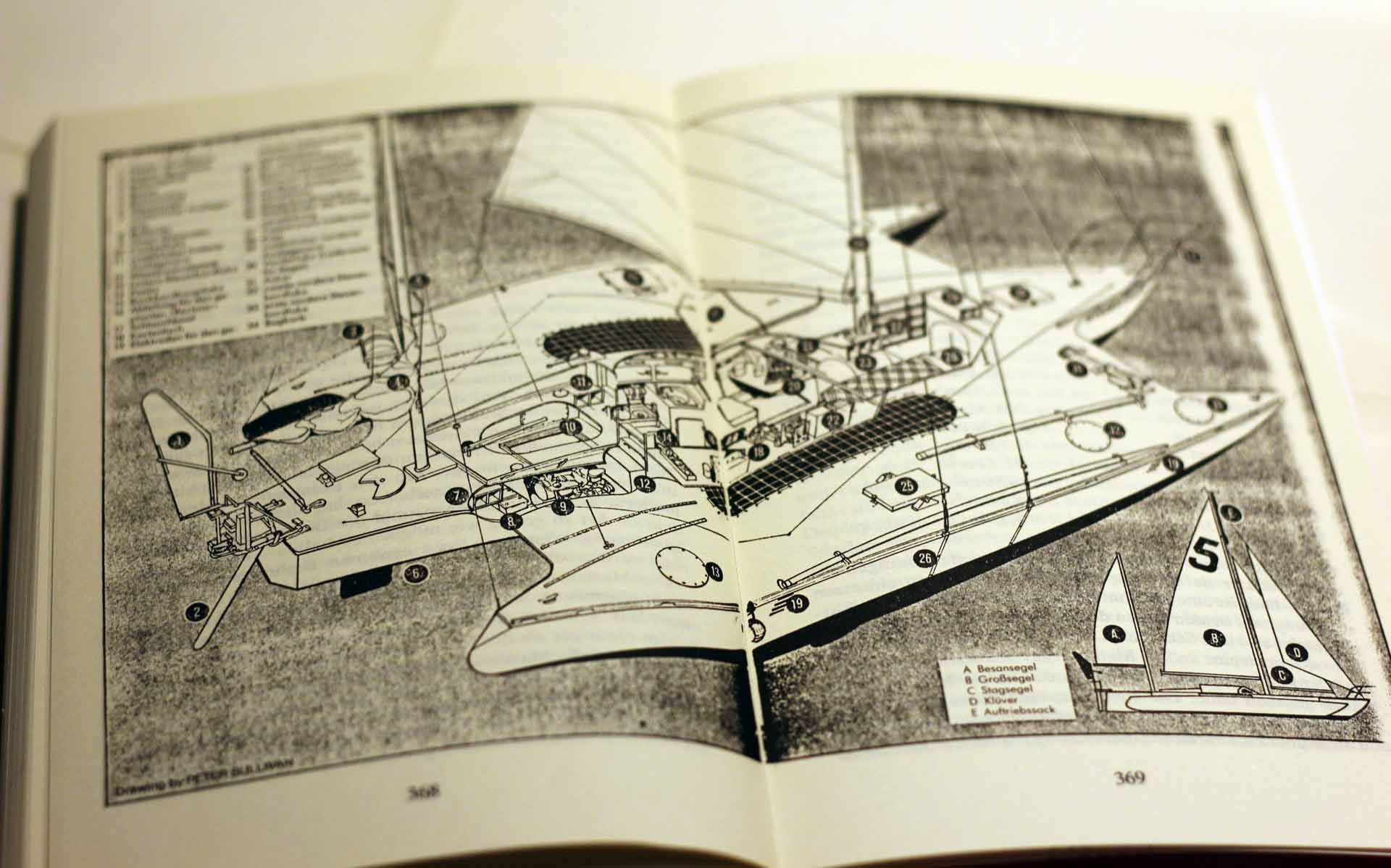
Crowhurst virtually sold everything he possessed, had two mortgages on his house, forced his wife – mother of four children – to stay at home and try to run his failed business as good as she could and found an entrepreneur who financed his ship by signing a contract making him lose everything in case of failure. All in. All or nothing. The reader knows this cannot work. He believed it would. The TEIGNMOUTH ELECRTON was built. More or less. When she finally went afloat (the christening bottle didn´t splinter) she wasn´t ready for the high seas. Apart from not having tested the boat thoroughly she was full of flaws, had a small crack in one of her floaters and – of course – nothing of Crowhurst´s visionary electrical stuff has been installed. The carrier of technology was not much more than a half-baked untested pile of plywood.
His race. His failure.
I do not want to spoil you, dear reader, for the whole story. But you can expect to read the following: Crowhurst sailed on the very last possible day as the ninth contender. He was the “mystery sailor” due to the fact that nobody in the sailing community knew him (well, for what? He wasn´t a sailor at all) and the night prior sailing he was deeply crying in the arms of his wife stating that the boat wasn´t seaworthy and he was not going to make it. Nobody to restrain him. Right after casting off he had to return to Teignmouth harbor because sails haven´t been installed properly. The boat was a big crazy hustle of rashly loaded provisions. Sailing conditions were poor, summing up to the poor performance of the construction and Crowhurst´s poor skills. He was lacking everything from day one on. From day to day thing get out of control, leaks get bigger, the two swimmers are filling up with salty water, every entry in his logbooks bear witness of something worse to happen.
At some point he decides to communicate false positions, making him appear faster than he was. At some point later he starts to make a double-entry logbook, the first one with his true remarks, the second one with fake entries, playing a circumnavigation. Which is a mind blowing task – calculating positions, doing stellar navigation backwards, trying to re-enact weather-situations and things that happened. At the same time he more and more glided away from reality, living in two worlds: A small, drowning world on his decomposing TEIGNMOUTH ELECTRON and a rather crazy one in his own mind playing a circumnavigation. Just plain simple he had two choices: Going for the real circumnavigation would mean his certain death. Abandon the race would mean ruin for him and his family. He is of poor origin. He knew what poverty tastes like. No choice for him.
The End of Donald Crowhurst.
He spends weeks in the Southern Atlantic, cruising about well away from the big shipping lanes, trying to play through his betrayal of a thorough circumnavigation. At the same time some of his contenders had to abandon the race, only three of them still in. His idea: Waiting for the first two sailors to pass by, then join the race in the queue right behind them and sail back to England. He wouldn´t win though, but being third would give him and his achievement enough credit to maybe rescue his company.
Here is where it gets unbelievable. Just as everything appears to go well for him, the unexpected happens. Bernard Moitessier decides not to return to England – he was leading the race at that time – but to turn starboard and go for another circumnavigation (which is another great story and book to read!). Crowhurst is in second place now. Still okay for him: Nobody would check the logbooks of the second winner. He wouldn´t have to attend gala-dinners and press conferences. But as fate strikes again, the new leader, Tetley, wrecks his trimaran and sinks 1.000 miles before reaching England. He gets rescued. Crowhurst is leader now. Nobody would take his win.

Who could ever imagine such a story?
Donald Crowhurst cannot live with that. He gets mad. He can´t lie. He just can´t. He tries to send signals to his wife, his PR-agent, to anyone. Nobody can understand. Or wants to. He is cheered up, huge crowds would await him. Fame and glory. Money. He can´t stand it. But rather than admitting his failure, he falls back into his habit of cover-up. An even bigger project. Bigger than a single-handed circumnavigation? Becoming a God. He gets mad over it. Writes in rage thousands of words, his “philosophy”, mixing religious theories, Albert Einstein´s Theory of Relativity (the only book onboard) with exaggerations and phantoms of his haunted mind. Convincing all and most of all himself that it was possible to become a God. Just by simply deciding to and giving up one´s body. Finally, at an exact date to an exact time he leaves his boat. Jumps into the water, carrying with him the ship´s chronometer and the false logbook.
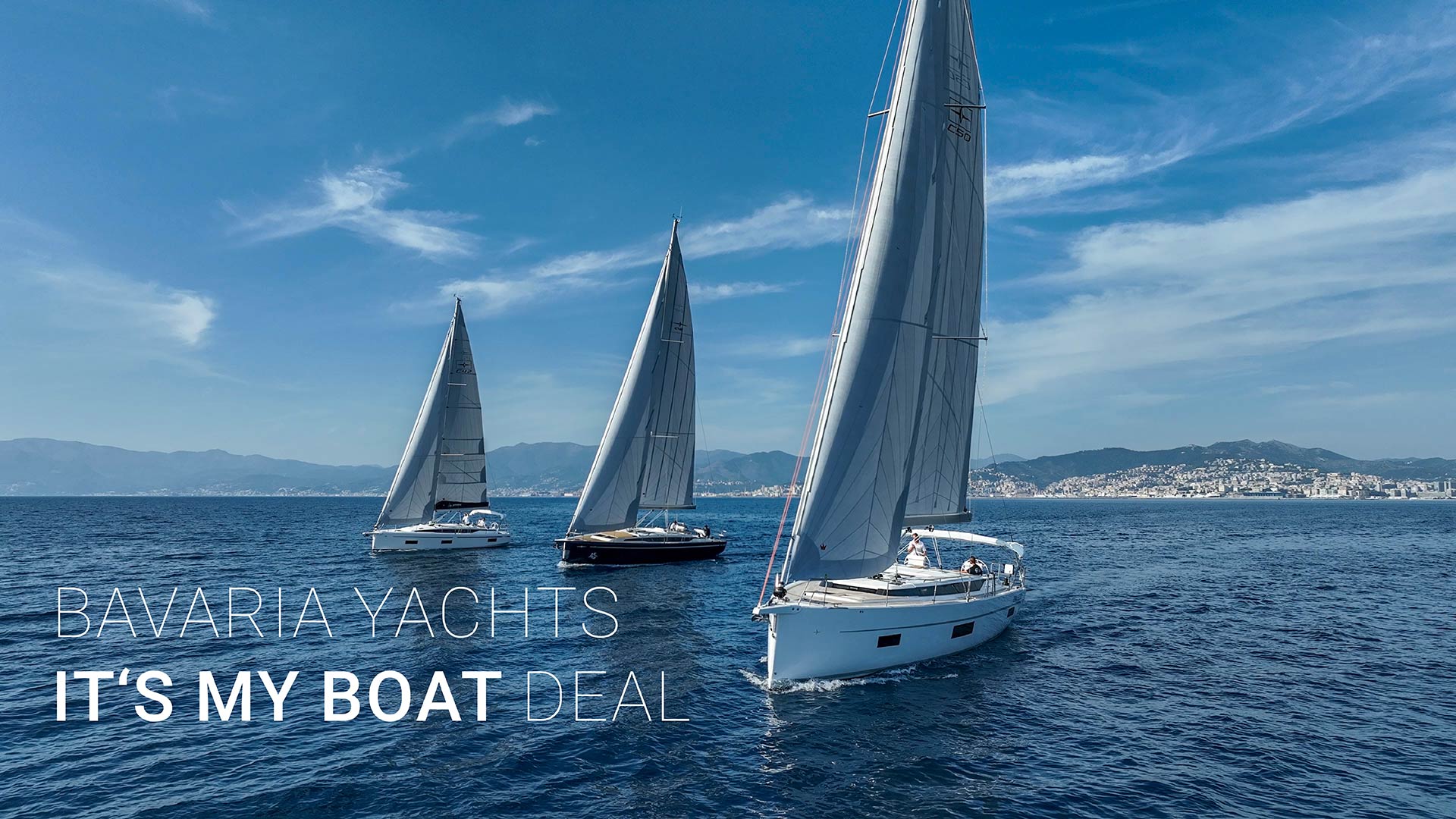
The Book – the Movie.
TEIGNMOUTH ELECTRON is spotted four days after his suicide. Everything except the skipper and the two items still onboard. The authors of “The Strange Voyage of Donald Crowhurst” closely examined the logbooks, had plenty of interviews with persons, especially with his wife and had experts checking his logbooks, calculations and radio-messages. The book is truly gripping from page one to the last, leaving the reader breathless and shackled to the story. A story that is so multi-layered that it appeals to seafarers, to criminalistic and forensic interested people, is a tragic, touching story to read and a document of contemporary history for sure. It is a book that will always stand out of all the maritime books I ever read. Just go and check your local bookstore or online-seller for a copy of Ron Hall/Nicholas Tomalin´s “Strange Voyage of Donald Crowhurst”. This book is definitely worth a good read.
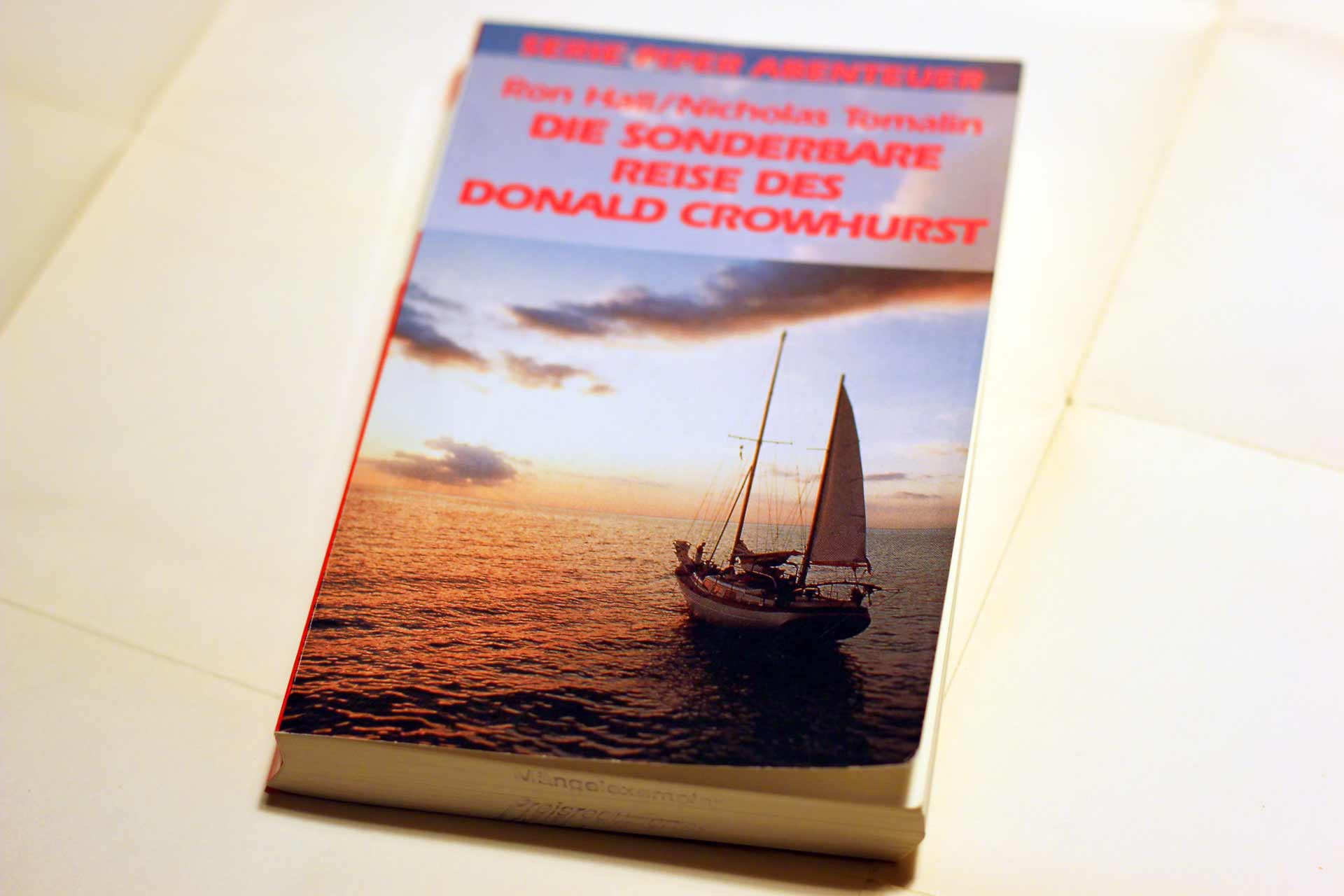
And I was so astonished, doing some background-checks after having read though these gripping papers when I realized that in May 2015 shooting for a motion-picture of Donald Crowhurst and the Golden Globe Race started, starring Colin Firth as Crowhurst and Rachel Weisz as his wife, directed by James Marsh. No further information on that one available yet but I hope the film will be able to render a similar impression on the audience as the book was able to.
TEIGNMOUTH ELECTRON was salvaged and set on dry land in the Caribbean where it now rots and will be vanished within the coming years.


